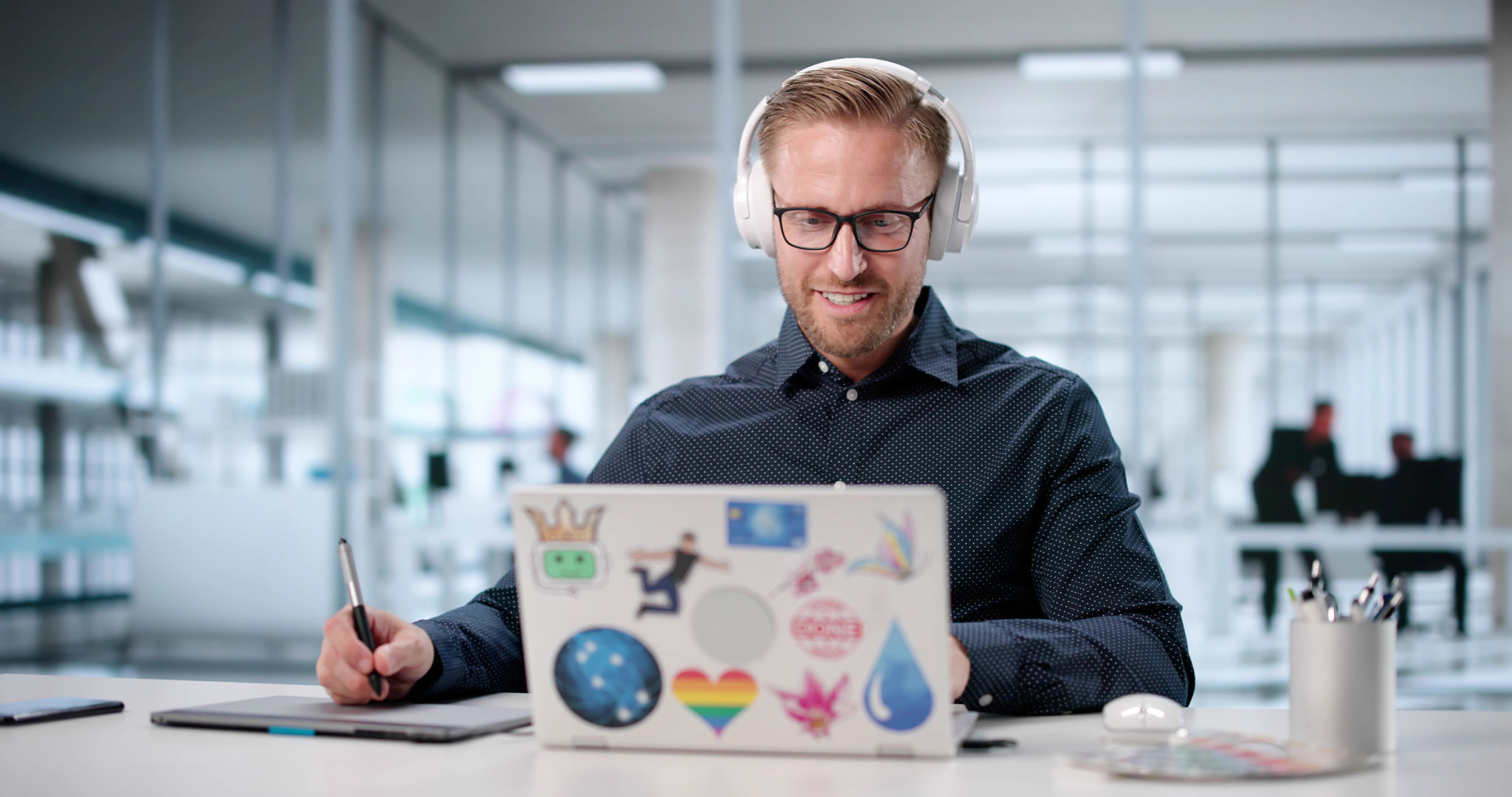How to Start Your Own Podcast: Tips from Big Cousin's House
Why Start a Podcast?
Podcasts have rapidly become a popular medium for sharing ideas, telling stories, and connecting with audiences worldwide. Whether you're passionate about a specific topic or want to entertain and engage listeners, starting your own podcast can be a rewarding endeavor. At Big Cousin's House, we believe everyone has a story worth telling, and a podcast might just be the perfect platform for yours.

Planning Your Podcast
Define Your Niche
Before jumping into recording, it's crucial to define your podcast's niche. Consider what interests you and what potential listeners might find engaging. Are you focusing on true crime, business tips, or personal development? Identifying a clear niche will help shape your content and attract a dedicated audience.
Outline Your Content
Once you've settled on a niche, outline your content. Plan out the first few episodes, decide on the format (e.g., interviews, storytelling, solo episodes), and determine the length of each episode. Having a well-structured plan will make the recording process smoother and more efficient.
Setting Up Your Equipment
Choose the Right Gear
You don't need to break the bank to start a podcast, but investing in some basic equipment is essential. You'll need a good quality microphone, headphones, and editing software. Many beginner podcasters find USB microphones affordable and easy to use.

Recording Space
Selecting the right recording space is also important. Choose a quiet room with minimal echo. You can enhance the sound quality by adding soft furnishings like cushions or curtains to absorb excess noise. Remember, the better your recording environment, the less editing you'll need to do later.
Producing Your Podcast
Editing Your Episodes
Editing is a crucial step in creating a professional-sounding podcast. Use software like Audacity or GarageBand to cut out mistakes, add music, and enhance audio quality. Ensure that your episodes flow smoothly from start to finish.
Adding Music and Effects
Incorporating music and sound effects can make your podcast more engaging. Ensure any music you use is royalty-free or licensed appropriately to avoid legal issues. A catchy intro can also help set the tone for your podcast.

Publishing and Promoting
Selecting a Hosting Platform
To get your podcast out to listeners, you'll need a hosting platform. Popular options include Podbean, Libsyn, and Anchor. These platforms will distribute your episodes to major directories like Apple Podcasts, Spotify, and Google Podcasts.
Promoting Your Show
Promotion is key to growing your audience. Utilize social media platforms to share new episodes and engage with your listeners. Consider collaborating with other podcasters or hosting live Q&A sessions to build a community around your podcast.
Starting your own podcast is an exciting journey that allows you to express yourself creatively while connecting with listeners globally. With these tips from Big Cousin's House, you're well on your way to launching a successful podcast that resonates with audiences far and wide.